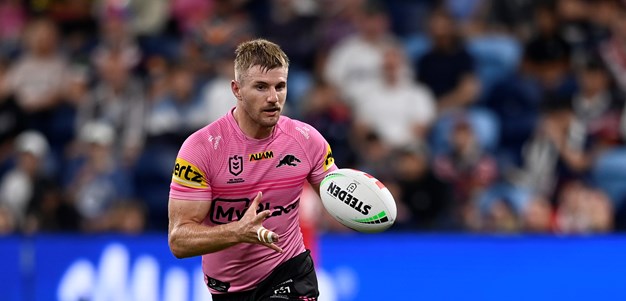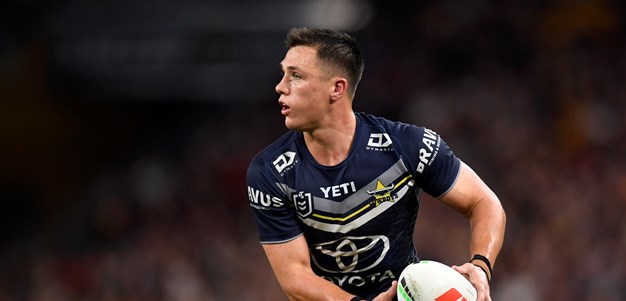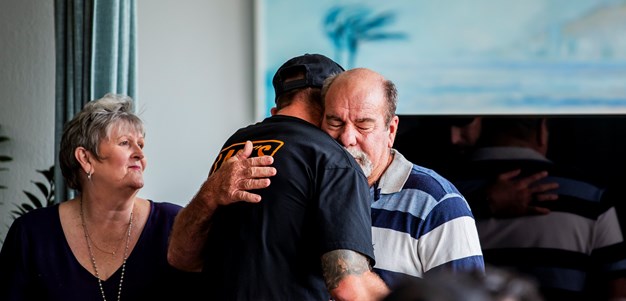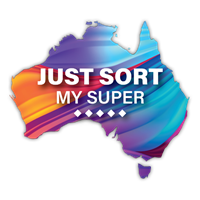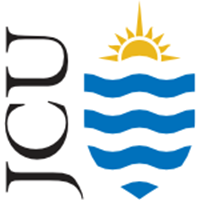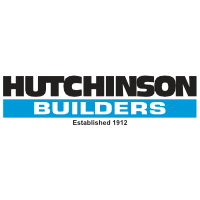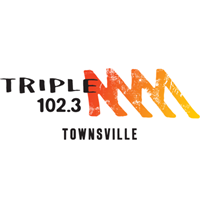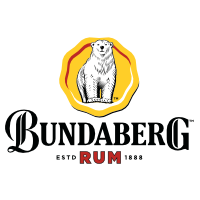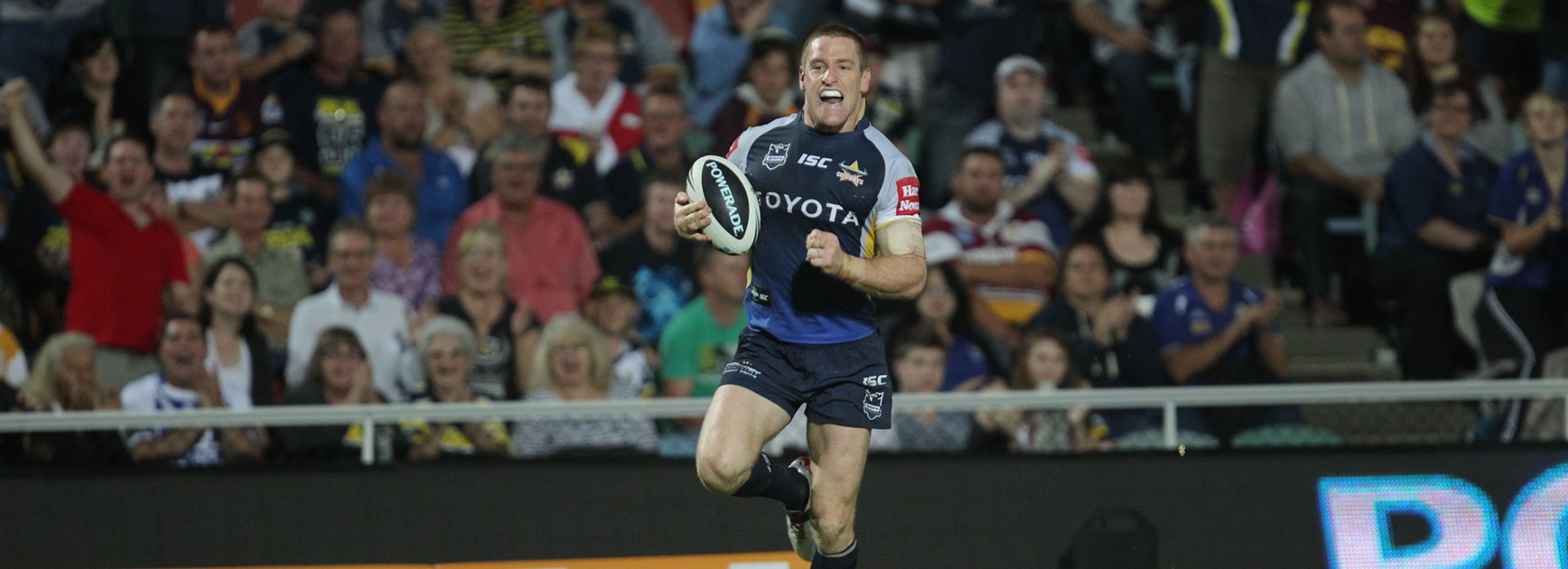
Brent Tate had a long and highly successful career but injuries were unfortunately never far away.
Despite the many setbacks, the Australia and Queensland State of Origin representative always found a way to bounce back.
Quite incredible considering he had endured more than a dozen serious injuries during his time in the game.
Brent Tate
You grew up in Toowoomba with your mother and two older sisters, what was your introduction to rugby league?
I'll never forget the day Mum said she was going to sign me up to play rugby league. We were in the lounge room in Toowoomba, she just stood up and out of nowhere said 'I'm going to sign you up to play rugby league'. I remember looking at the TV and it was a Bulldogs versus Western Suburbs game. I can honestly say from that moment onwards, all I ever wanted to do was be a rugby league player.
You were determined to make rugby league a priority, did you have a back-up plan?
I didn't, but I always had a really good work ethic. While school wasn't a priority, I still did my work. I don't know what I would've done if rugby league hadn't have happened. It was rugby league or nothing, so I'm thankful that it fell the way I needed it to at the time.
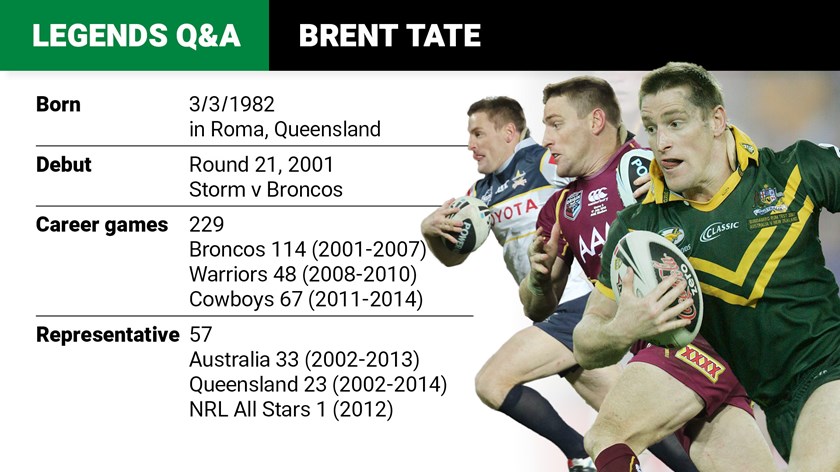
What was your pathway into the elite level of playing rugby league?
I played most of my juniors at the Redcliffe Dolphins and I was in their elite academies and then I signed a scholarship with the Crushers and Paul Bunn. He was at the Crushers at the time and then when they folded, he went and worked for the Broncos. I finished year 12, came through the Toowoomba Clydesdales and into first grade with the Broncos.
What were your first memories of starting your career at the Broncos?
I remember being in the dressing shed and looking at guys like Andrew Gee and getting strapped and ready to go out and train with the big boys. I just remember being like a scared little kid.
What were your first impressions of Wayne Bennett?
He was really interested in my life and what was going on away from the footy field. I wasn't playing well when I first got to the Broncos, I was struggling with work-life balance and training. He gave me some tips that day and really helped me. That's Wayne's greatest strength, he generally cares for his players and he understands that better people make better footballers. He's probably taught me more about life than rugby league.
After suffering a serious neck injury in 2003, you were forced to play the remainder of your career with a neck brace. Did that make you more cautious?
I don't know if it did. The neck brace was like putting on a pair of boots, I didn't even know it was there. I was certainly very cautious with it throughout my whole career because you had to be, but you adapt and learn to play a different way and not put yourself in positions where you think you might hurt it, but sometimes you can't control that.
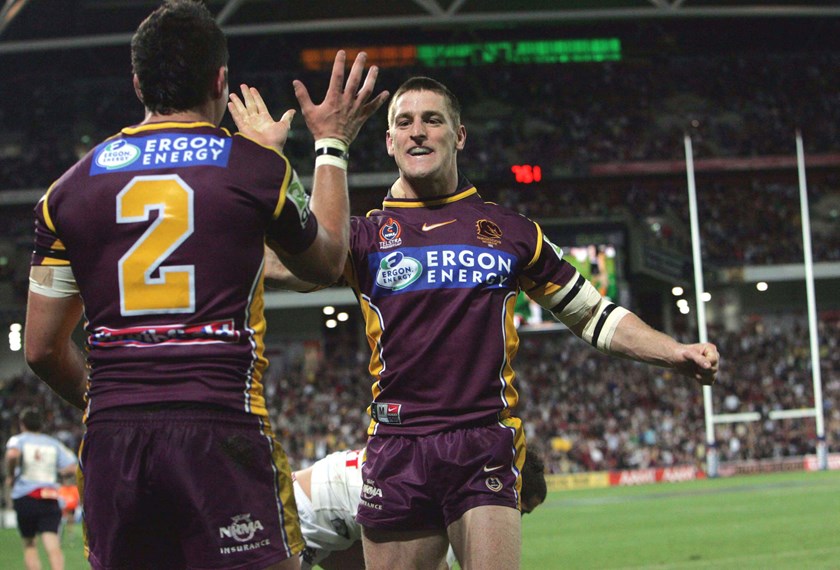
I'll never forget when I went to see the surgeon about my neck, Wayne came with me that day. The surgeon said there's nothing we can do to fix you, and pretty much said you're a real chance of having to retire. I remember driving back from the doctor's surgery with Wayne in the car, I looked at him and I said, 'What am I going to do?'
Wayne said to me 'if you're a good person with a good work ethic, people are always going to want you to be part of their company'. That just settled me right down and they're words that have stuck with me for a long time and still do, to this day.
I'm really thankful I had a physio at the Broncos called Robbie Godbolt who came up with the idea of the neck brace and gave me another twelve years of my career, because without the neck brace I wouldn't have been able to keep playing.
In 2006, you won your first premiership with the Broncos, can you describe how it felt?
I've always been a real harsh critic of my own performance and I wasn't really happy with how I played in the grand final. I didn't enjoy it as much as what I would've because I always thought I'd get another chance to play in another one and do it again, and I didn't. Don't get me wrong, it was still great and it was still fun and I loved every minute of it. I certainly wish I just enjoyed it for the moment that it was because I just remember finishing the game waiting for a feeling to hit me with some sort of elation. It's not until now that I look back on it with real fond memories and a sense of achievement. If I had my time again, I'd celebrate it and do it a lot differently.
At the end of 2007 season, you joined the Warriors. Can you explain why you were wanting to move on from the Broncos?
I was looking for a leadership role and Wayne was playing me everywhere. I really wanted to just knuckle down and play one position, and that probably wasn't going to happen at Brisbane. I understood if I wanted to do that, I probably had to go. The Warriors came in with a really good offer and my brother in law, Steve Price was there, so we packed up and went to New Zealand. It was awesome, I absolutely loved every moment.
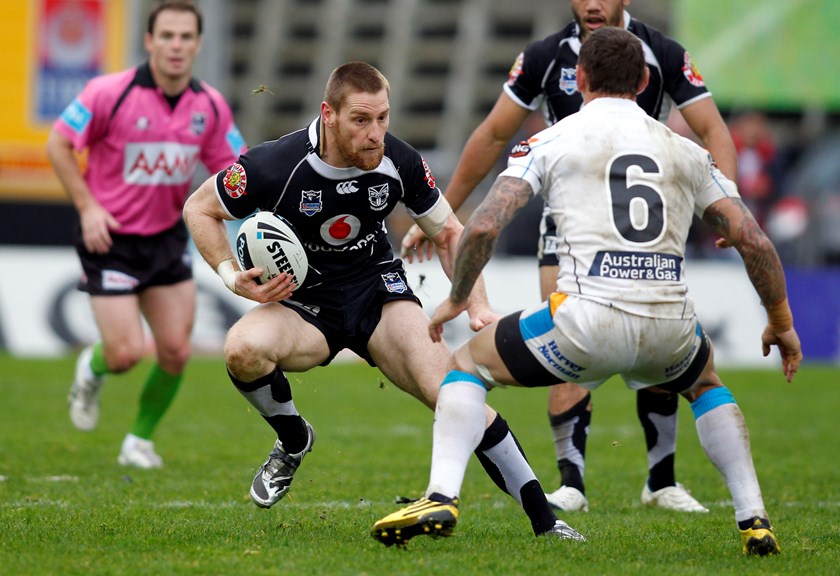
You returned to Queensland to join the Cowboys for season 2011. You were quoted as saying it was the toughest decision you ever had to make. Why was that?
Absolutely. It was probably even harder than having to leave the Broncos to be honest. I agonized over that decision to come to the Cowboys for weeks. In the end I made a call but it was a really tough call to make.
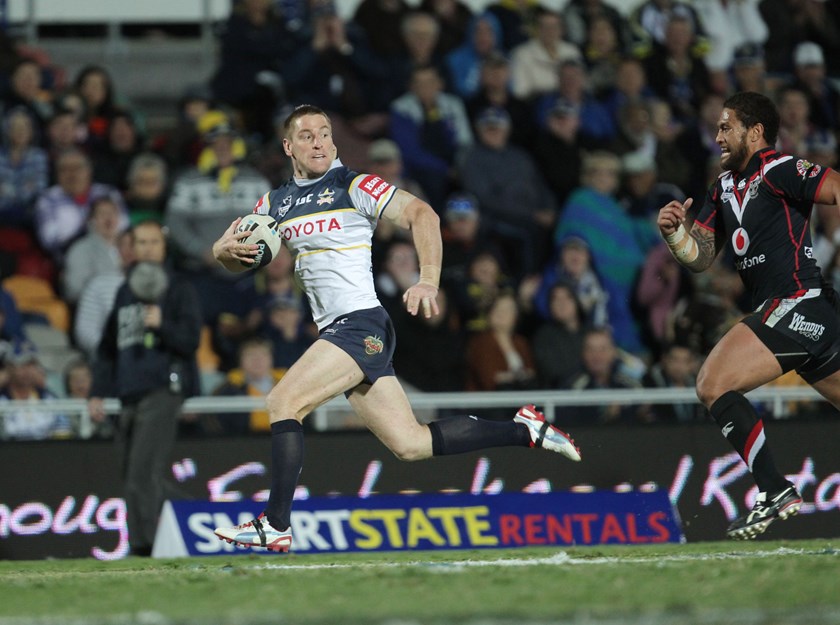
Due to an ACL injury in the Four Nations Final the previous year, you wouldn’t lace up the boots for the Cowboys until round 19 of 2011. Was it good to finally get out onto the paddock?
Coming back from a third knee reconstruction was always bloody difficult. We played the Tigers that night at 1300 Smiles Stadium. It was an awesome moment but I just remember the back end of that year being really tough because I felt like I was just treading water. I made a decision at the back end of that year; I'm going to have a really big pre-season going into 2012. If I start the year and I play shit, I'm going to retire, but I'm going to give myself every chance to play well.
I had a huge offseason, came back and started the season pretty well. I ended up playing Origin test footy that year and the rest is history. I'm glad I started the year well because if I didn't, I would have retired.
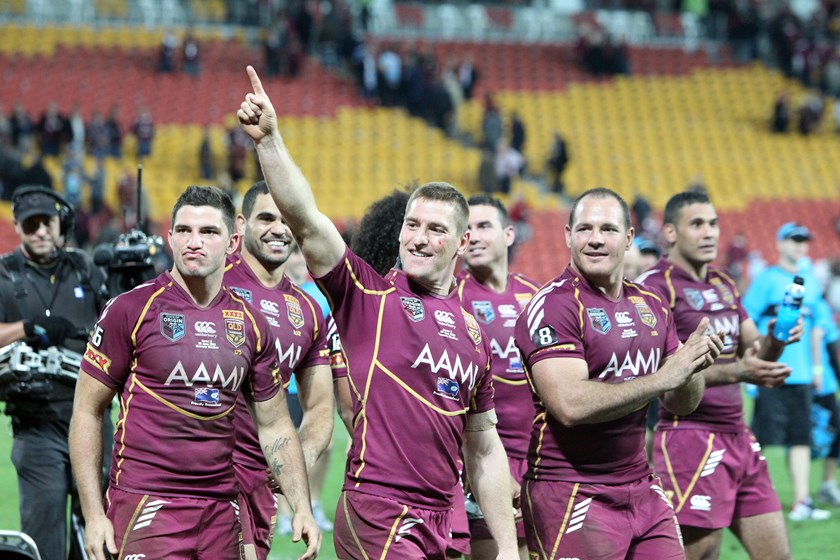
In the Origin arena, you featured in the record-breaking eight successive Origin victories right up until 2013. How did it feel to be a part of that team?
I think being part of those eight series wins is something that we're all really, really proud of. We got beaten three years in a row previously, so I've been able to taste the greatest of highs and the greatest of lows in State of Origin. When success came around, I bloody enjoyed it. There's just something about putting that jersey on.
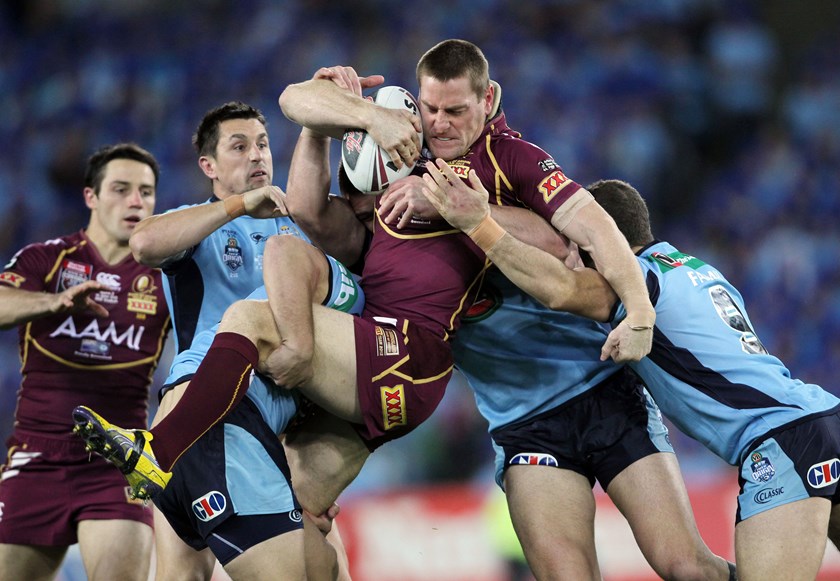
It was game two of State of Origin in 2014 when you suffered yet another ACL injury. Did you know at that point your career was over?
I knew straight away that was the last time I'd ever played footy again. They tried to bring the stretcher out and I said, 'no if this is my last game, even if I need to be helped off, I'm going to walk off because that's the last time I will ever play'. Whilst it was really disappointing, I didn't get to finish my career the way I wanted to, I got to finish playing in one of the jersey’s I absolutely loved and at the highest level.
